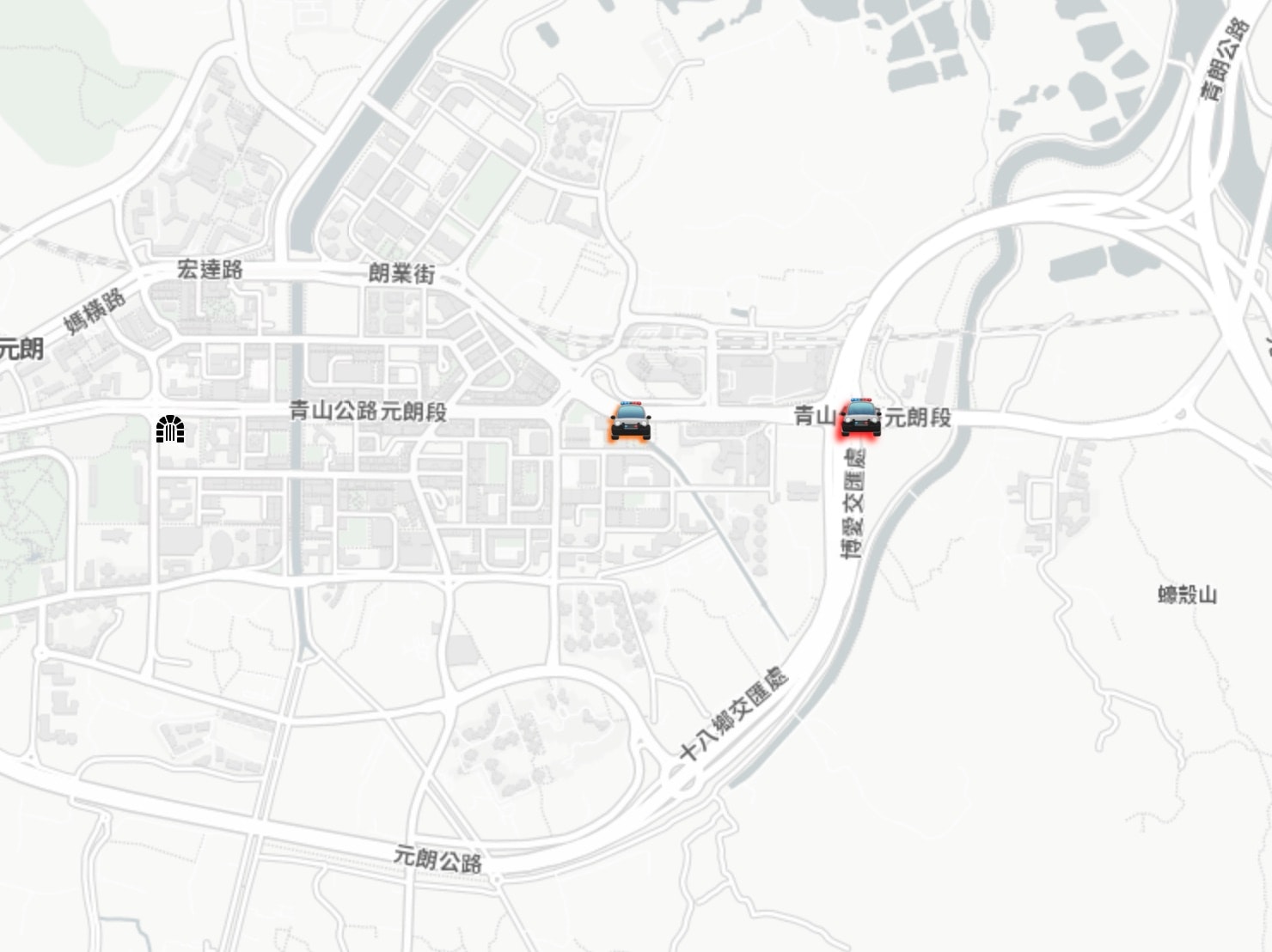China’s state media took a swipe at Apple for allowing an app that let Hong Kong protesters track the location of police back into the App Store. The app, called Hkmap Live, uses reports from a Telegram group to share information about things like arrests and the use of weapons such as tear gas.
Apple originally booted the app from the App Store, but apparently reversed its decision.
According to the South China Morning Post:
“HKmap.live, an app that crowdsources the location of police and anti-government protesters in Hong Kong, received approval from Apple on October 4 and was made available for download on October 5, according to the developer, who declined to give his or her name when contacted via Twitter, citing concerns of arrest by the government.”
The app rocketed to the top of the travel category in the iOS App Store for Hong Kong, the paper said. “The app has attracted both positive and negative reviews,” the Post reported, “with one user calling it ‘life saving technology’ while another said the app supported lawbreaking and put ‘citizens in danger’.”
Apple and Hkmap Live
The Chinese government takes the latter position. And so did Cupertino, before apparently changing its mind.
“Your app contains content – or facilitates, enables, and encourages an activity – that is not legal,” Apple told the app makers last week. “Specifically, the app allowed users to evade law enforcement.”
At the time, the app’s developers seemed confident Apple would reverse its ruling. “To make it clear, I still believe this is more a bureaucratic F-up than censorship,” one wrote at the time. “Everything can be used for illegal purpose on the wrong hand. Our app is for info, and we do not encourage illegal activity.”
The app is available to download and can be readily accessed via a web app (at least from the United Kingdom).
“Apple’s approval for the app obviously helps rioters,” notes an article in China’s state-owned People’s Daily newspaper. “Does this mean Apple intended to be an accomplice to the rioters?”
Elsewhere, it continues that: “Nobody wants to drag Apple into the lingering unrest in Hong Kong. But people have reason to assume that Apple is mixing business with politics, and even illegal acts.”
China state media: Hong Kong protests
The Hong Kong protests kicked off in March 2019 and intensified over time. The series of demonstrations, formally known as the the Anti-Extradition Law Amendment Bill Movement, oppose legislation proposed by the Hong Kong government. Protesters feared the law, since withdrawn, would undermine the region’s autonomy from the Chinese central government.
Meanwhile, Apple and other international companies find themselves dragged into the roiling dispute. The NBA’s plans to embrace the lucrative China market hit the skids when Daryl Morey, general manager of the Houston Rockets, tweeted support for the Hong Kong protests.
Meanwhile, game developer Blizzard recently banned Chung “Blitzchung” Ng Wai from competing in a Hearthstone tournament after the pro gamer made a statement supporting the protesters. Blizzard is part-owned by Chinese company Tencent.
China also banned South Park after a recent episode took aim at the country’s repressive government.
Apple and China: A complicated relationship
Apple finds itself in a tough position when it comes to China. CEO Tim Cook frequently calls the country Apple’s future biggest market. However, he also frequently speaks out about making Apple a “force for good” in the world. And he isn’t afraid to weigh in personally on social issues such as the Hong Kong protests.
In the past, Apple fell in line with the Chinese government’s requests. It previously agreed to pull several apps because they contravened Chinese laws. For instance, in late 2017 Apple pulled Skype and certain VPN apps from the App Store.
In addition, Apple has been forced to accept the Chinese government’s demands that it run network safety evaluations on all imported products. In addition, Apple moved Chinese iCloud accounts over to a data center controlled by a Chinese company.
Source: Yahoo


